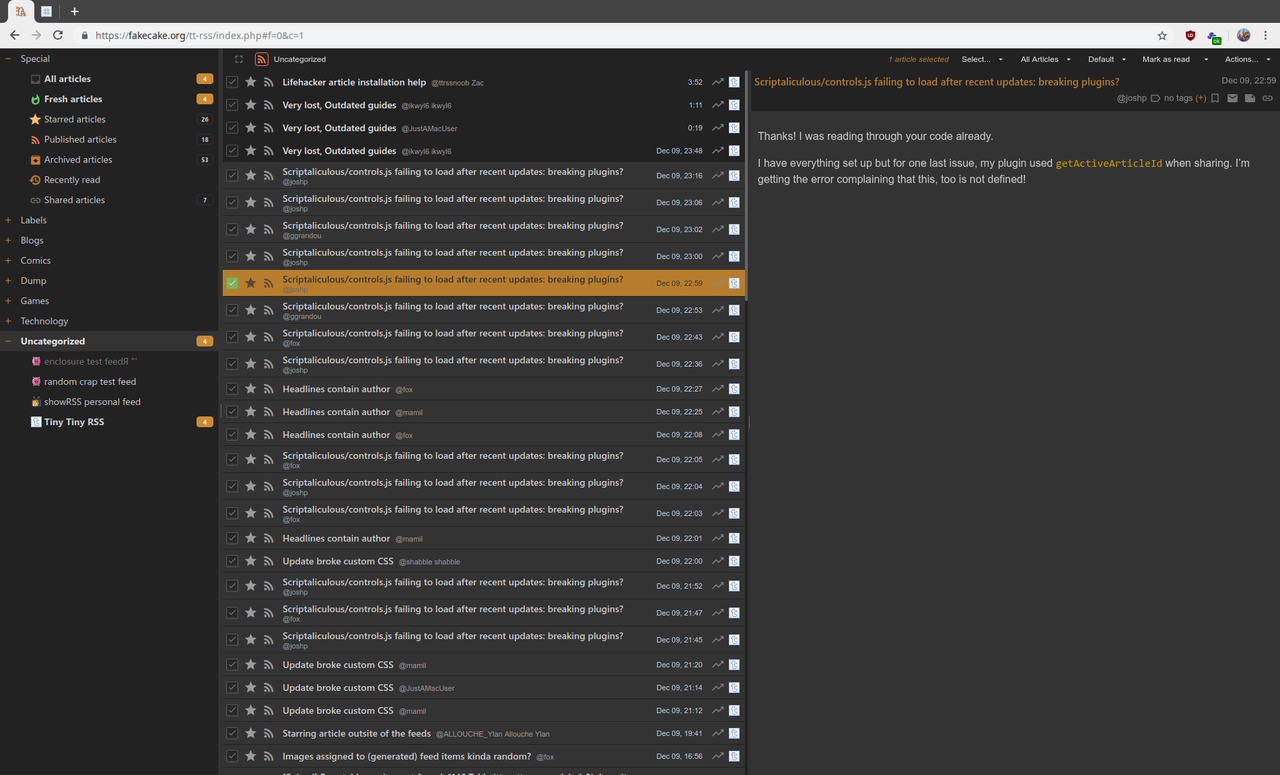131 private links
Zim is a notepad like desktop application that is inspired by the way people use wikis.
The personal knowledge management (PKM) tool that grows as you do!
The personal knowledge management (PKM) tool that grows as you do!
Zulip combines the immediacy of real-time chat with an email threading model. With Zulip, you can catch up on important conversations while ignoring irrelevant ones.
Never worry about forgetting things again.
GNU's framework for secure p2p networking
Mp3blaster is an audio player for the text console. It's been around since 1997, and supports most UNIX flavors including Linux, *BSD, Mac OS, CygWin

The primary goal of 4coder is to maximize the power and ease of customization. 4coder also places high priority on performance and portability.
VisiData is an interactive multitool for tabular data. It combines the clarity of a spreadsheet, the efficiency of the terminal, and the power of Python, into a lightweight utility which can handle millions of rows with ease.

Deno, a secure runtime for JavaScript and TypeScript.
Docup is a single JavaScript file that fetches Markdown file and renders it as a beautiful one-page documentation.
LanguageTool is a free proofreading tool for English, German, Spanish, Russian, and more than 20 other languages.
Using the spaced time repetition technique, you can permemantly store information in your brain, instead of the cloud.
Looking Glass is an open source application that allows the use of a KVM (Kernel-based Virtual Machine) configured for VGA PCI Pass-through without an attached physical monitor, keyboard or mouse. This is the final step required to move away from dual booting with other operating systems for legacy programs that require high performance graphics.
The open source, decentralized and multi-platform package manager to create and share all your native binaries.
Resilience is an ad blocker without compromises.


